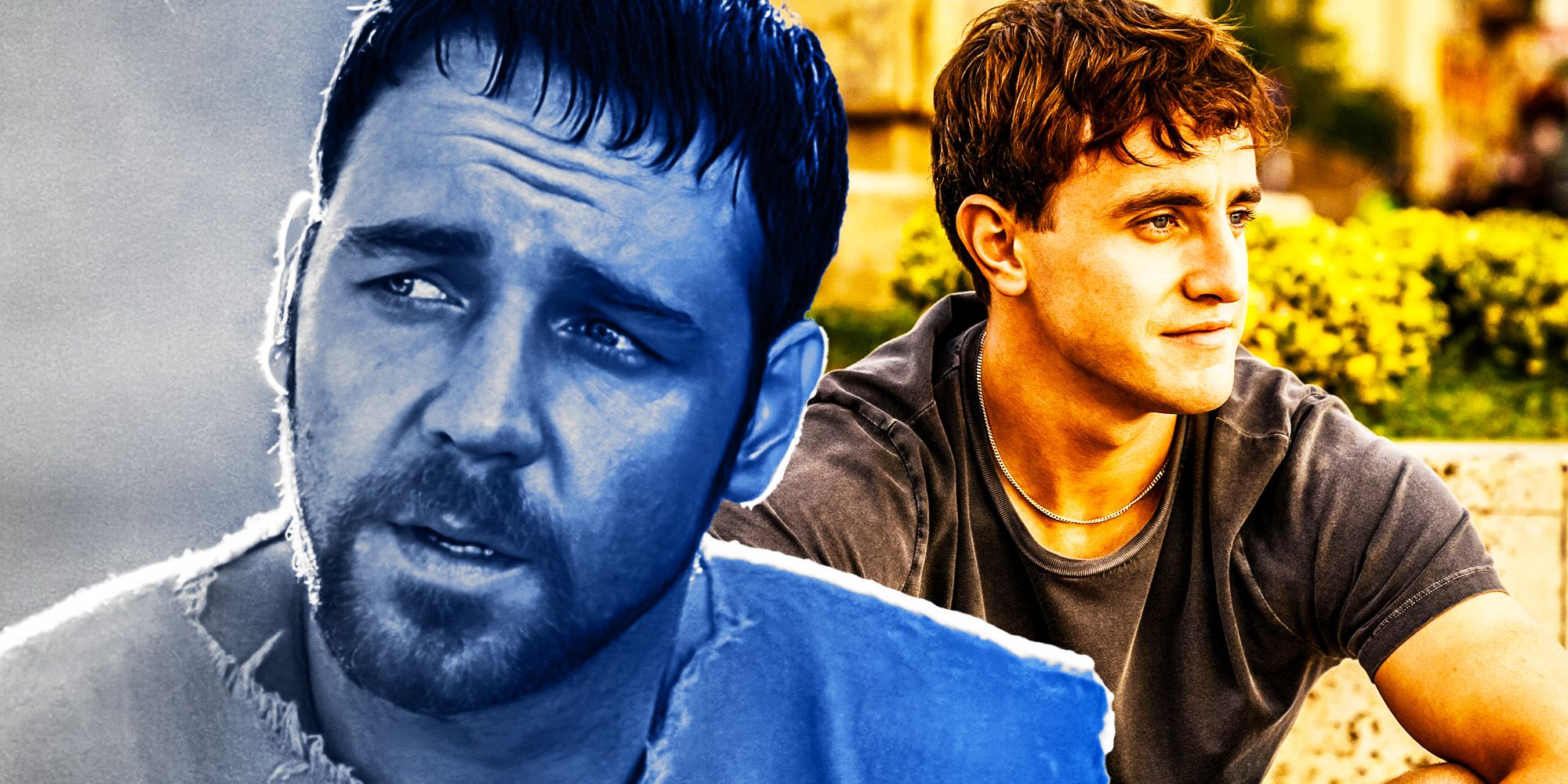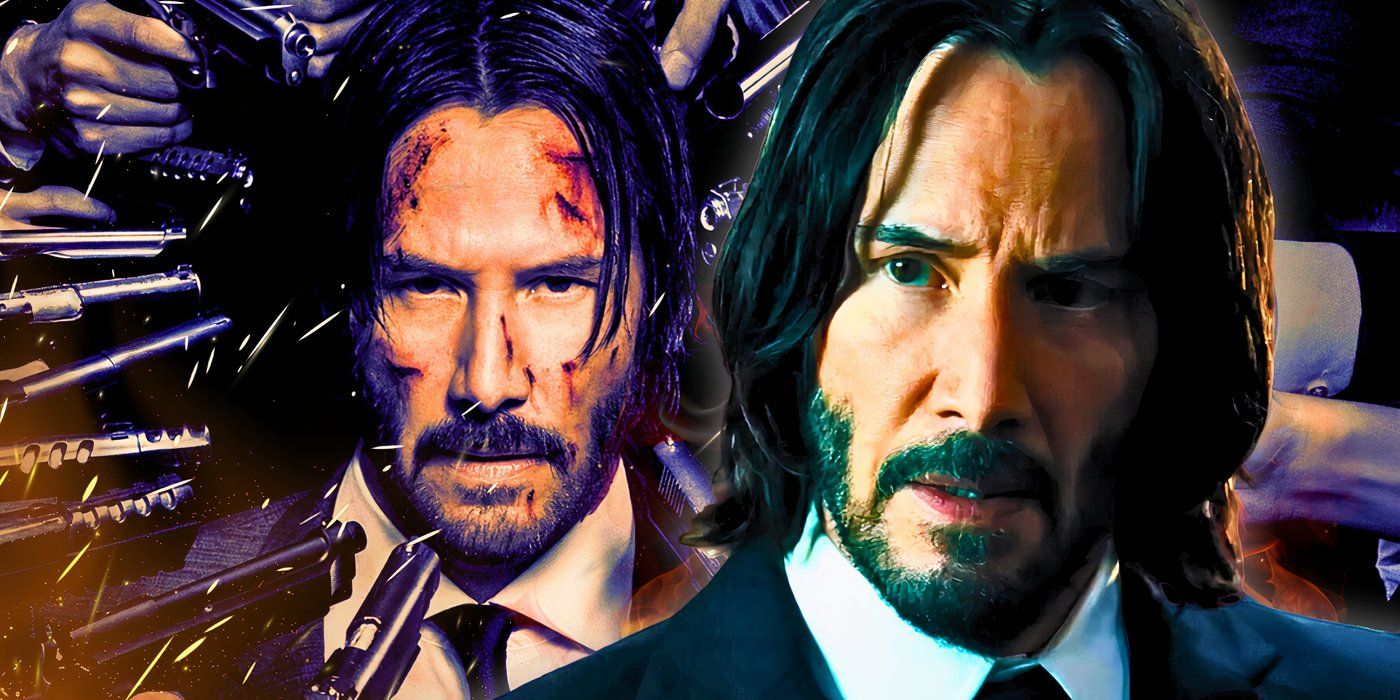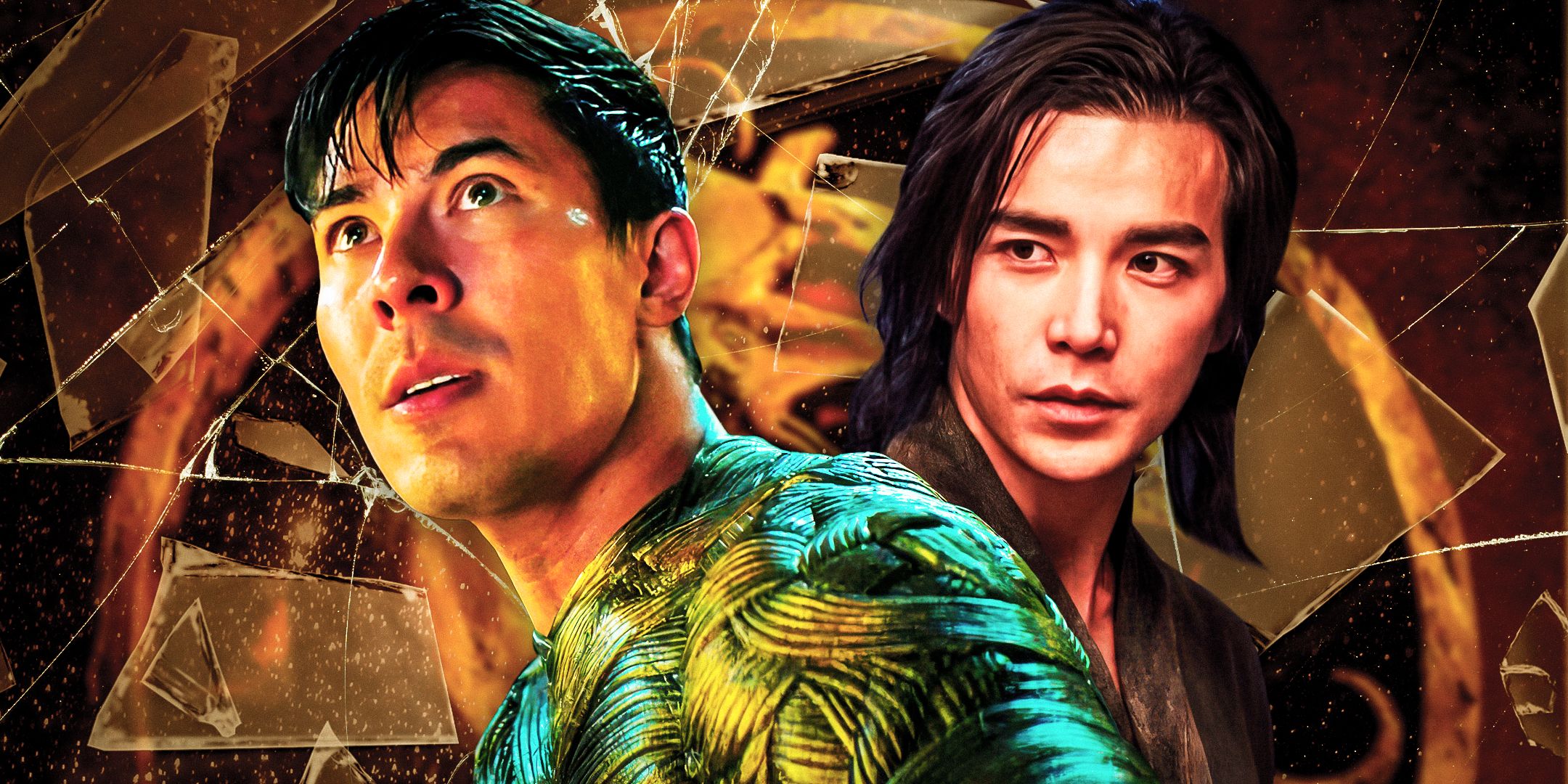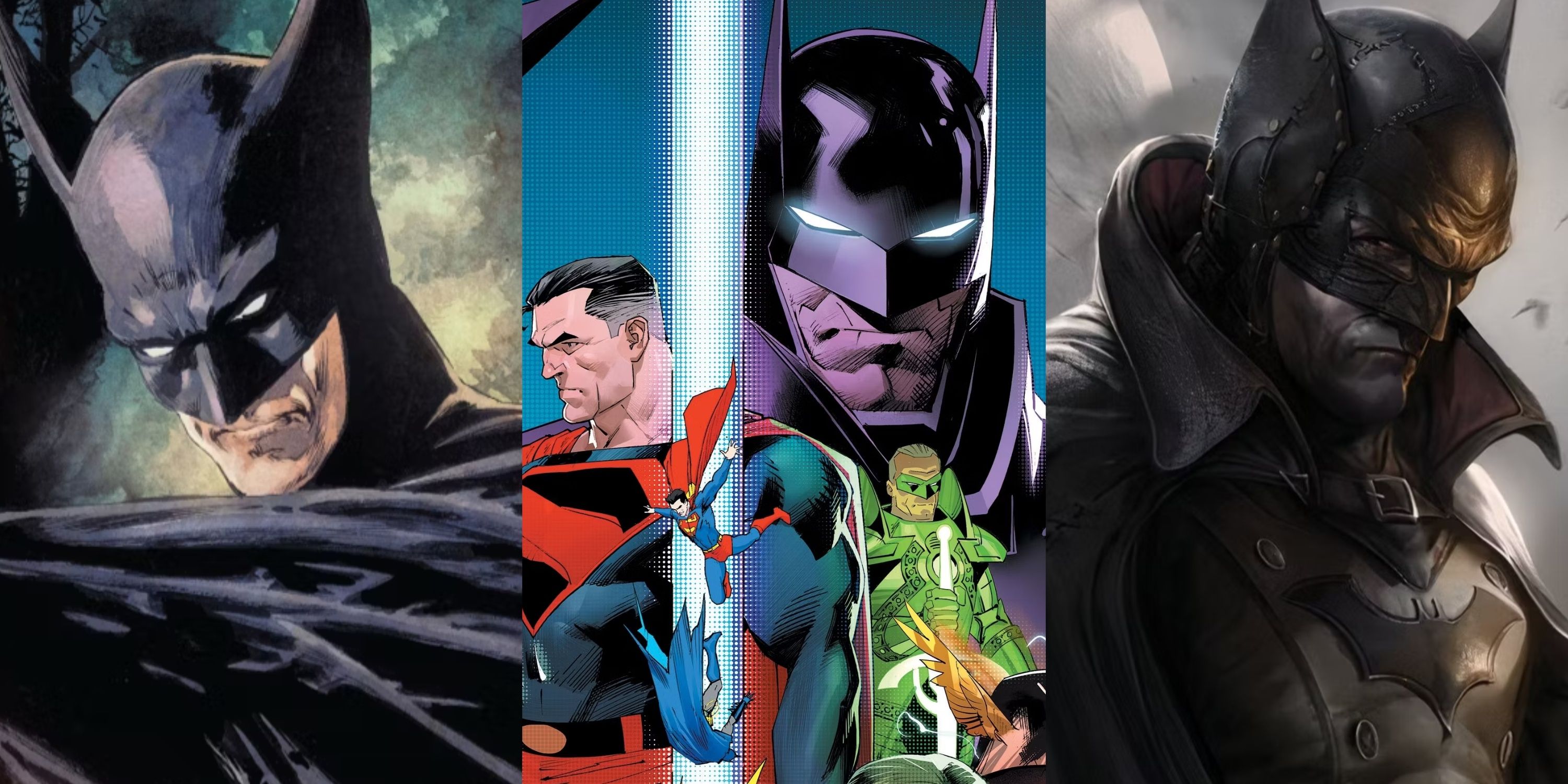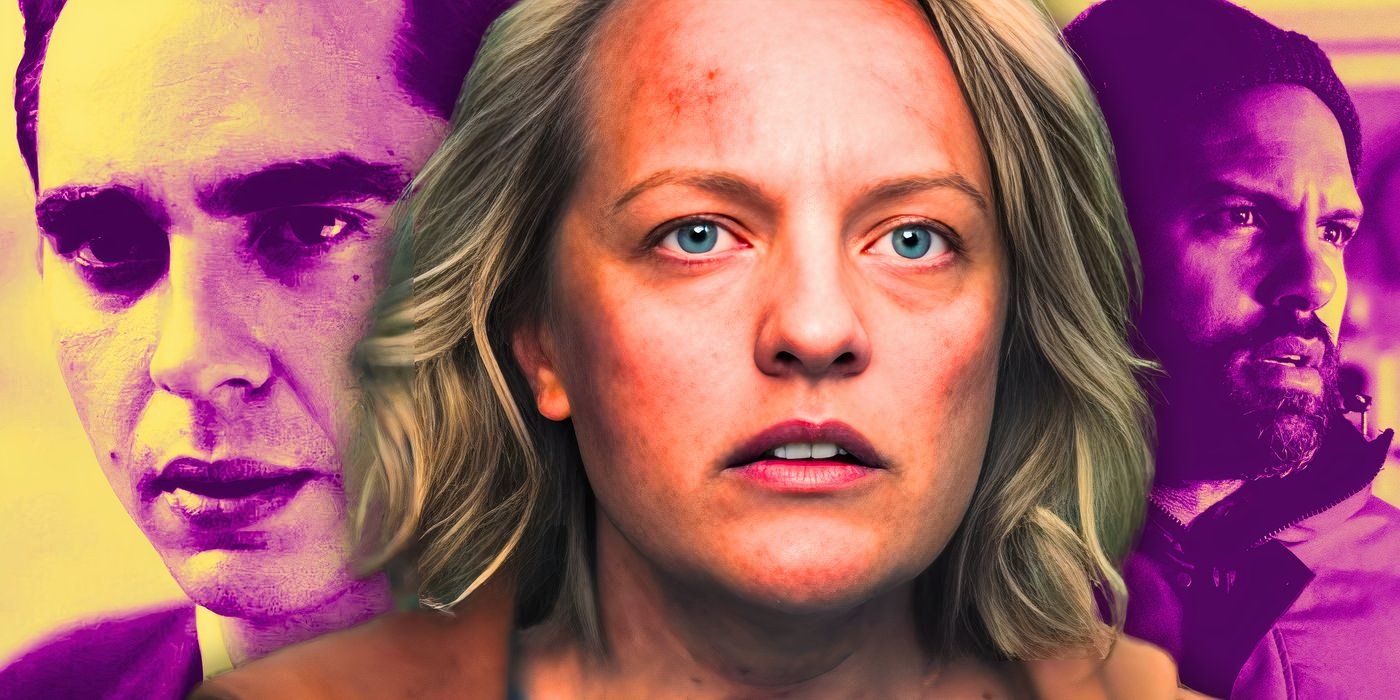It takes a few drafts to get any screenplay right, so most movies change a lot during their journey from the page to the screen. But Robert Zemeckis and Bob Gale’s original script for Back to the Future is particularly unrecognizable compared to the movie it eventually became.
From a stationary time machine powered by nuclear fission and Coca-Cola to the erasure of rock and roll from music history, these are the biggest differences between Back to the Future’s original script and the final movie.
The Time Machine Wasn’t A DeLorean
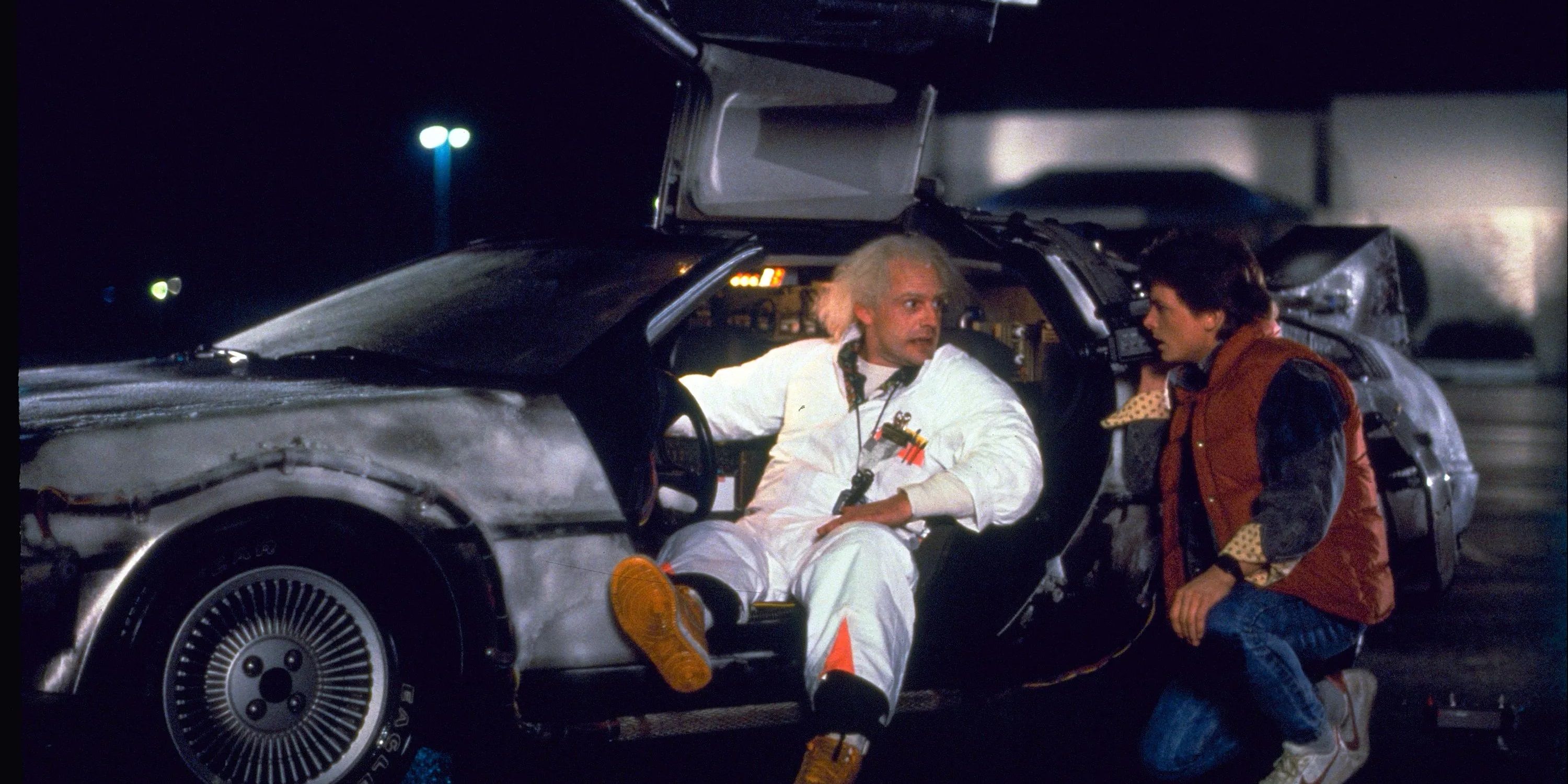
The time-traveling DeLorean from Back to the Future is one of the most iconic time machines in the history of science fiction. Needing to get it up to 88 mph builds tension in the time travel sequences, but in the original script, as told to The Guardian by screenwriter Bob Gale, it was just a stationary “time-chamber apparatus.”
Without making the time machine a car, the movie wouldn’t have the classic line, “Wait a minute, Doc, are you telling me … that you made a time machine … out of a DeLorean?”
The Time Machine Was Fueled By Coca-Cola
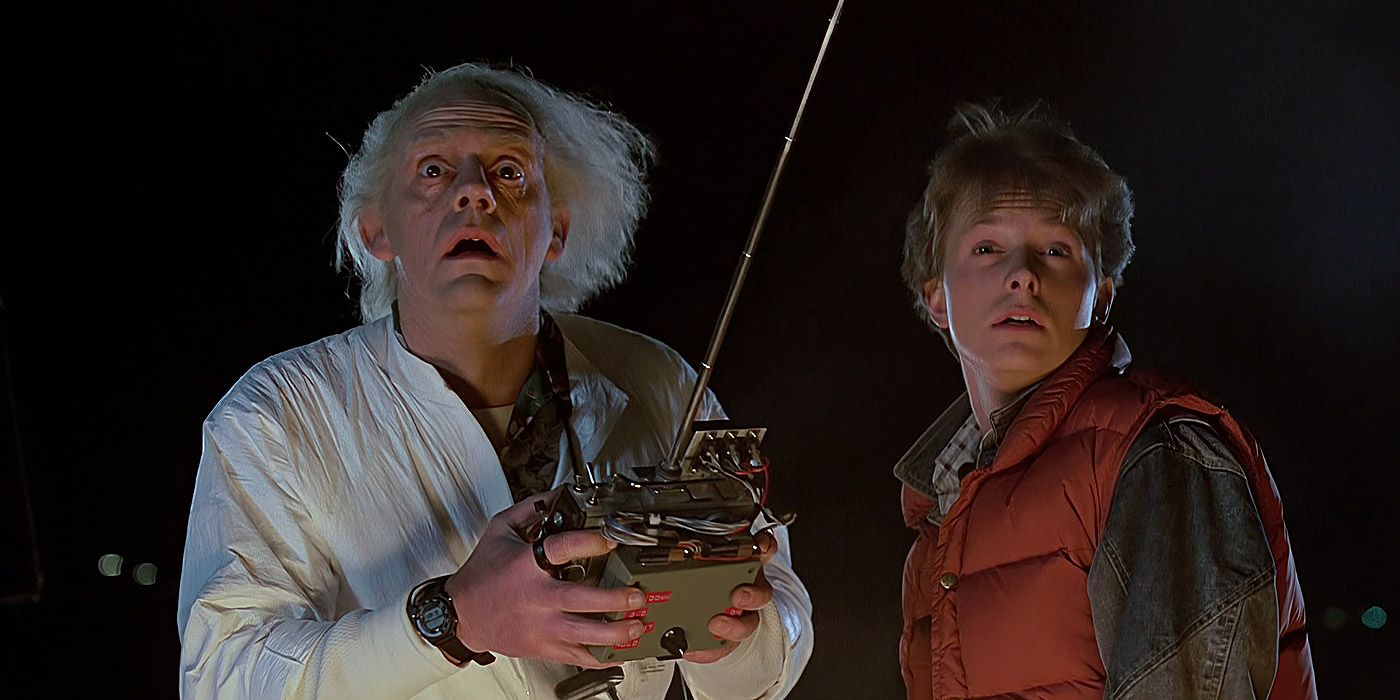
Jon Cryer, best known for playing Alan in Two and a Half Men, as well as Duckie in the ’80s movie, Pretty in Pink, auditioned for the role of Marty McFly. When Back to the Future got a 4K release, Cryer posted a Twitter thread detailing the early draft of the script that he read during the casting process.
According to Cryer, the original stationary time machine wasn’t powered by a flux capacitor. Instead, it “needed nuclear fission and a secret ingredient that turned out to be … Coca-Cola.”
It Opened With Marty Pirating Close Encounters
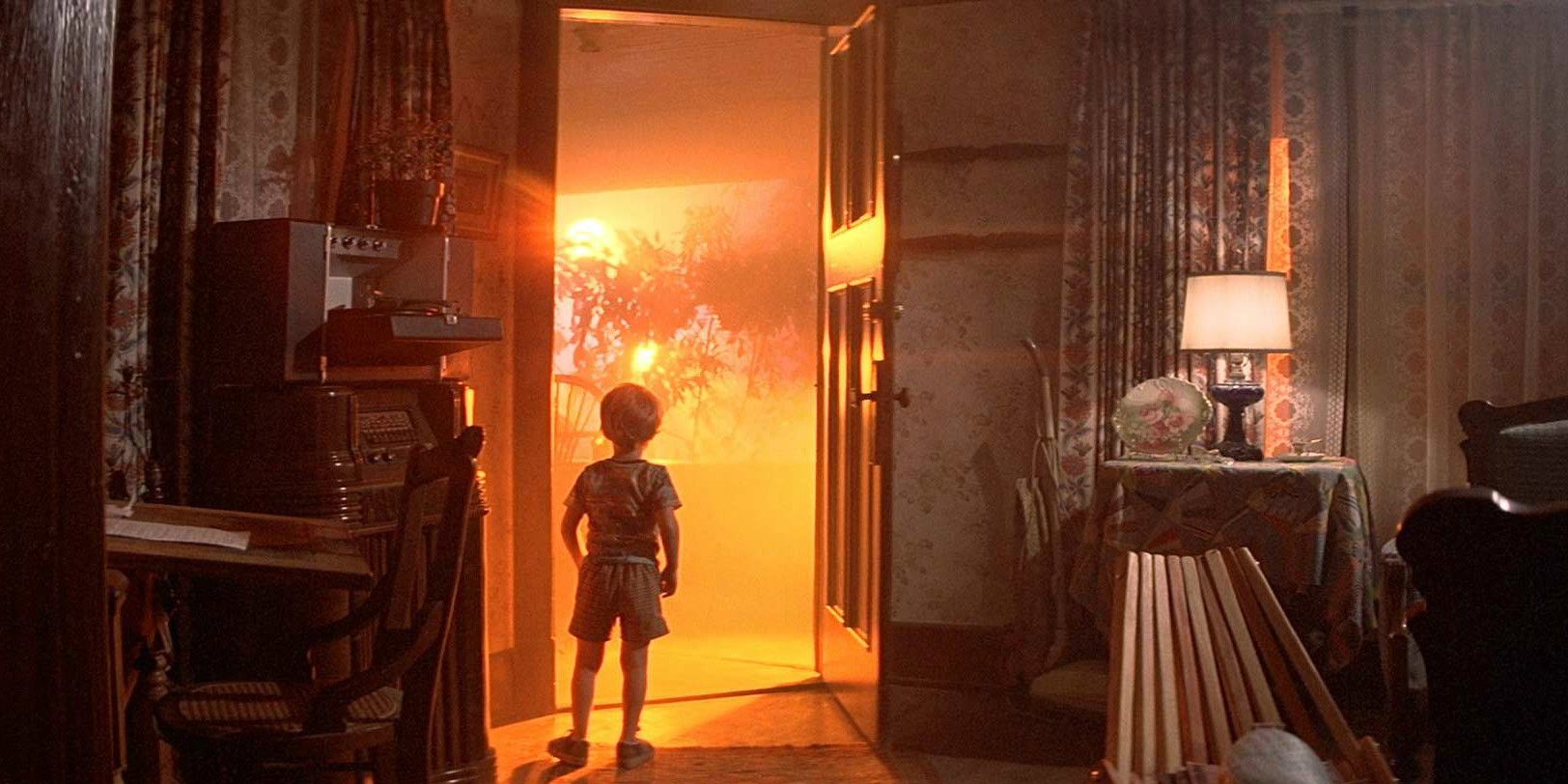
Everyone remembers the opening scene of Back to the Future: Doc’s giant amp, the Harold Lloyd clock, the concealed container of plutonium, and Huey Lewis’ “Power of Love.”
But according to Jon Cryer’s same Twitter thread mentioned above, the original opening scene saw Marty playing the Close Encounters of the Third Kind theme on his guitar while watching a pirated version of the Spielberg sci-fi movie classic. This would have definitely given the opening scene a completely different feel and it’s hard to deny that they made the right choice with the opening that grabs you right from the start.
It Featured The Almanac Plot From The Sequel
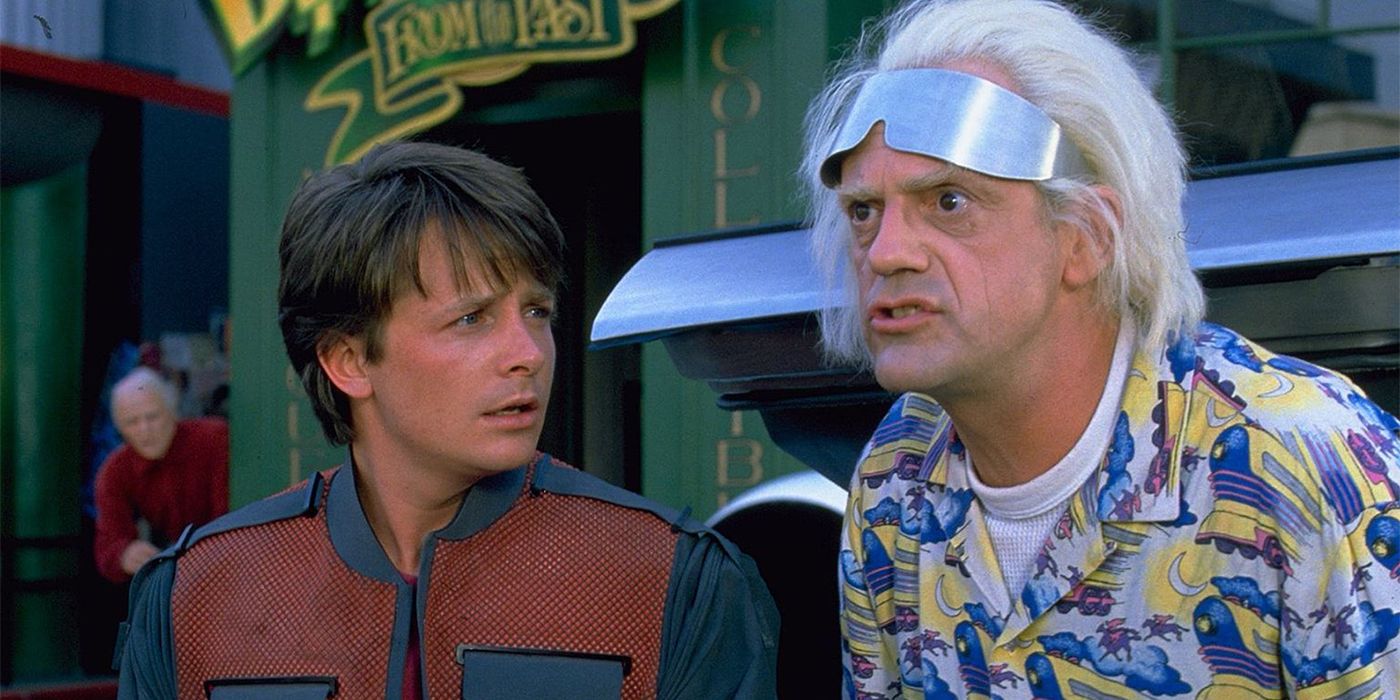
According to CinemaBlend, a subplot was cut from Back to the Future in which Marty gets the bright idea to bet on famous sporting events from the past so he can reap the rewards in the future.
This subplot ended up being cut from the script, but eventually formed the basis of the sequel in which an elderly Biff goes back in time to give his teenage self an almanac full of sporting results to get rich quick and alter the course of history. Fans are no doubt glad to hear that this plot point was held back, or it would have meant a completely different sequel and perhaps one where Biff doesn’t get the same comeuppance.
George McFly Became A Boxer
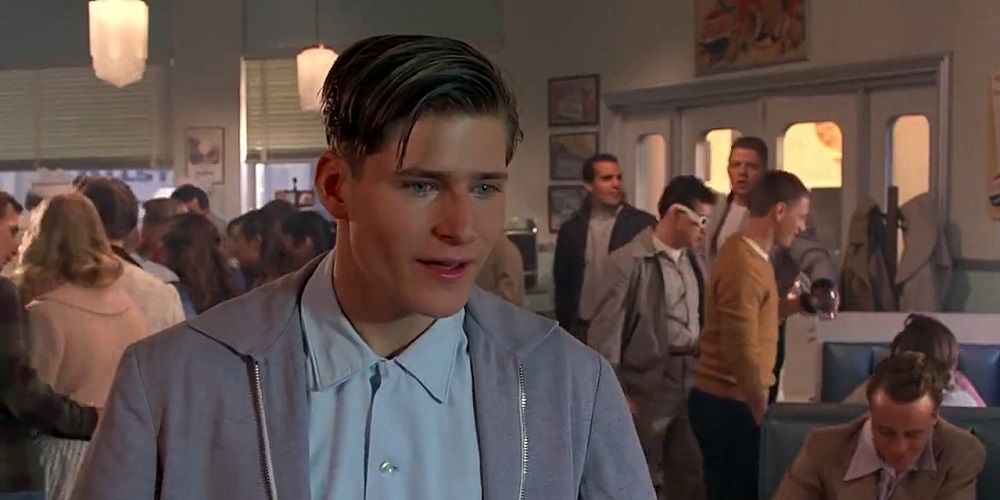
When Marty returns to 1985 in the final cut, he finds that his family is wealthier than he remembers because his dad’s renewed confidence in the alternate 1955 motivated him to become a successful sci-fi author.
This is a perfect ending for the character, but in the original script, according to the Guardian article mentioned above, he was revealed to have become a professional boxer in the years since punching Biff. Getting a taste for violence and punching people for the rest of his life is a darker conclusion for George’s arc and one that many fans would have a hard time seeing in his character.
Lorraine Was Called Eileen
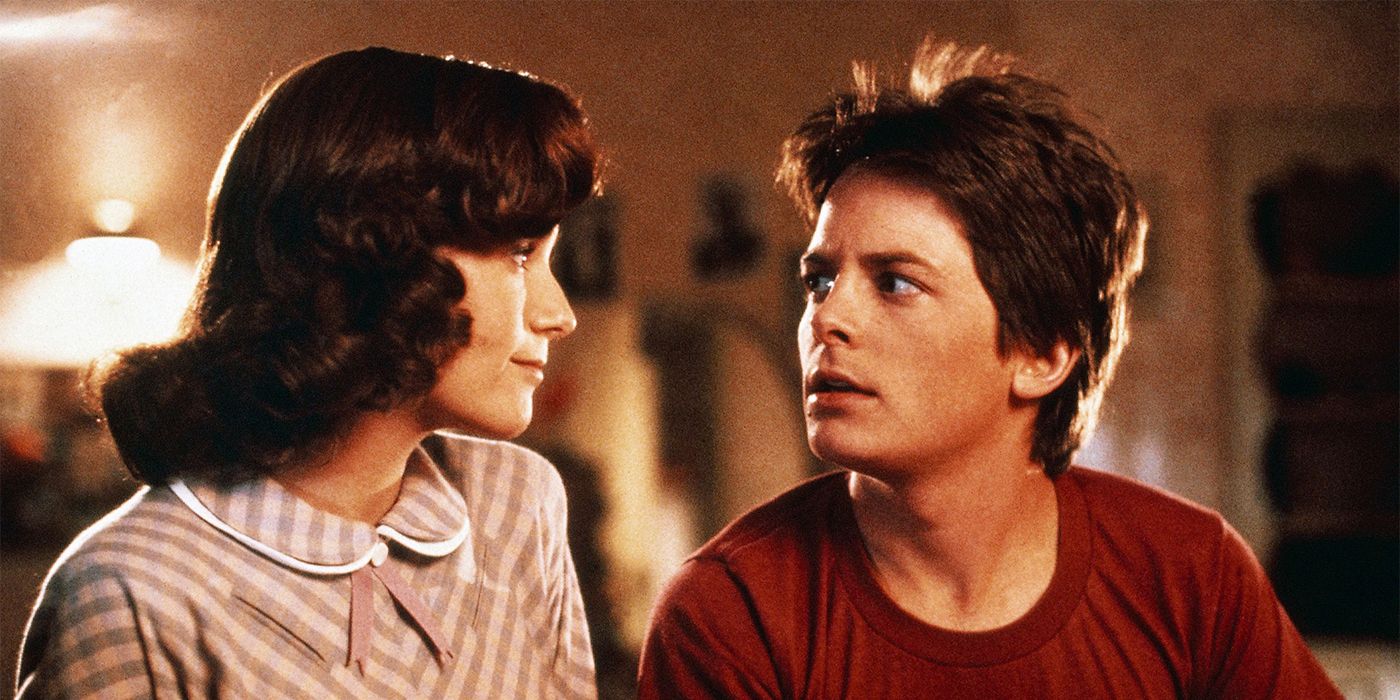
Lea Thompson’s lovable turn as Lorraine McFly is one of the most endearing aspects of Back to the Future. But according to CinemaBlend, Marty’s mother wasn’t called Lorraine in the original script, but rather Eileen.
And Marvin Berry didn’t play “Earth Angel” at the school dance. Instead, he played the appropriately titled, “Turn Back the Hands of Time” by Carrie Fisher’s father, Eddie Fisher. It’s unclear why these changes were made, but it’s hard to imagine the movie any other way.
The Finale Took Place On An Atomic Bomb Test Site
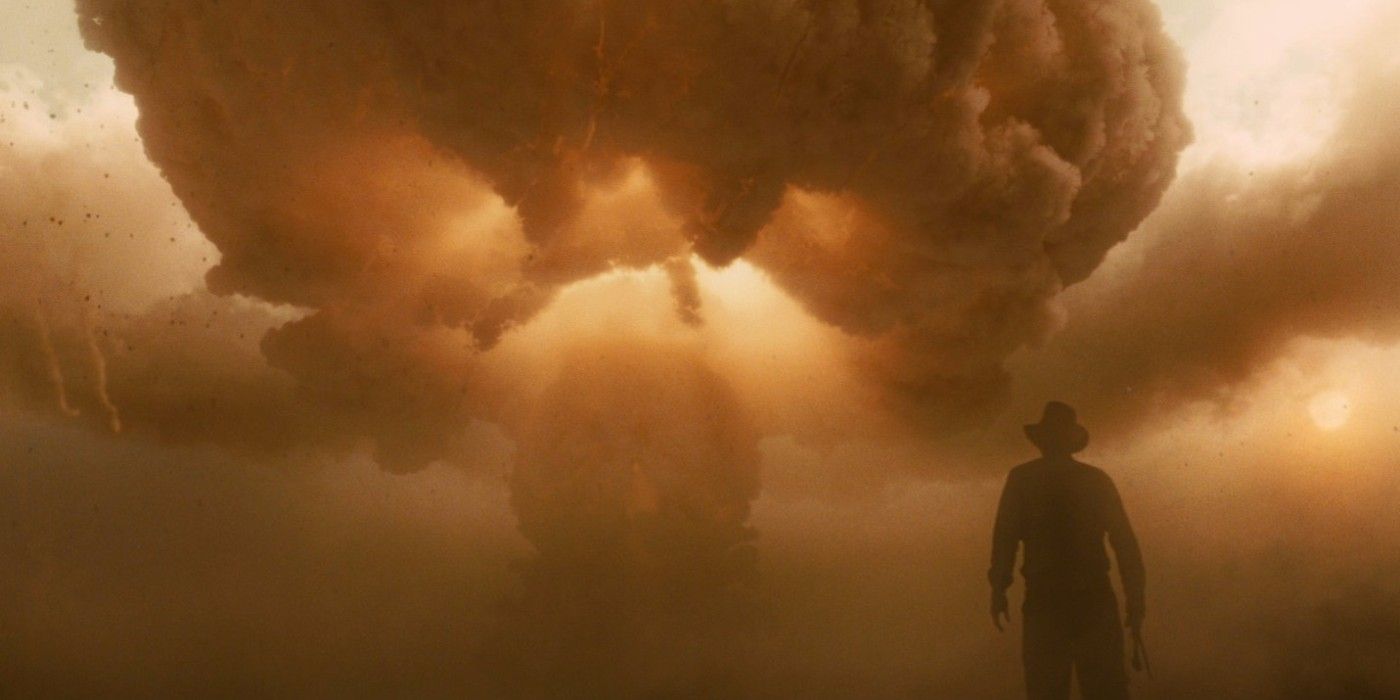
Jon Cryer revealed on Twitter that the original script’s climactic sequence had nothing to do with a clock tower and a bolt of lightning. Instead, Marty had to sneak onto an atomic bomb testing site to power his nuclear time machine and found the site dressed up like a suburban town full of mannequins.
Executive producer Steven Spielberg clearly liked this idea, because he ended up recycling it in Indiana Jones and the Kingdom of the Crystal Skull, which also takes place in the ‘50s.
Marty Erased Rock And Roll From History
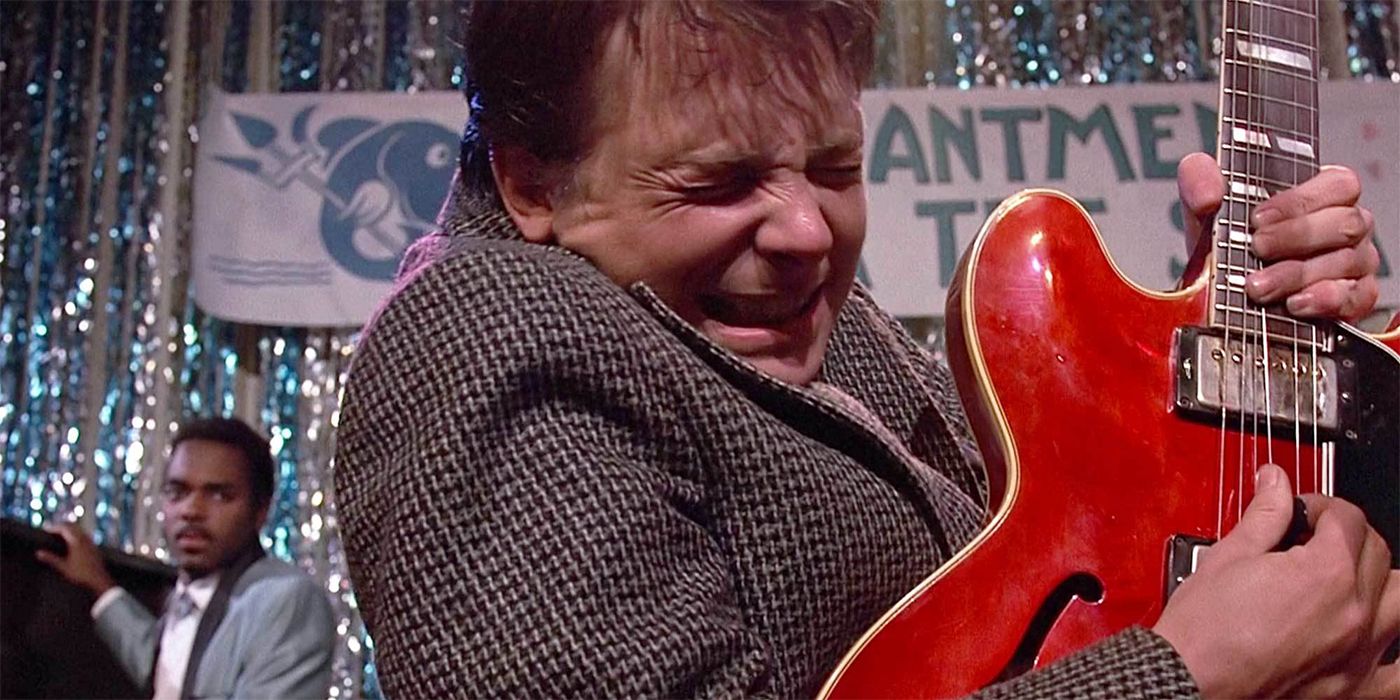
In the final draft of Back to the Future, Marty kickstarts the rock ‘n’ roll movement a few years early with a rendition of Chuck Berry’s “Johnny B. Goode” that ends up inspiring Berry to write his own song due to a fateful phone call from his cousin.
But in the first draft, according to CinemaBlend, Marty prevented rock ‘n’ roll from happening at all. After his performance – which was “Blue Suede Shoes” in the original script – Marty tells the band to never play the song again because rock will “happen on its own.” However, when he returns to 1985, he finds that he erased rock music from history. In the new 1985, mambo is still the biggest musical style and rock has never existed.
The Changed 1985 Was More Futuristic
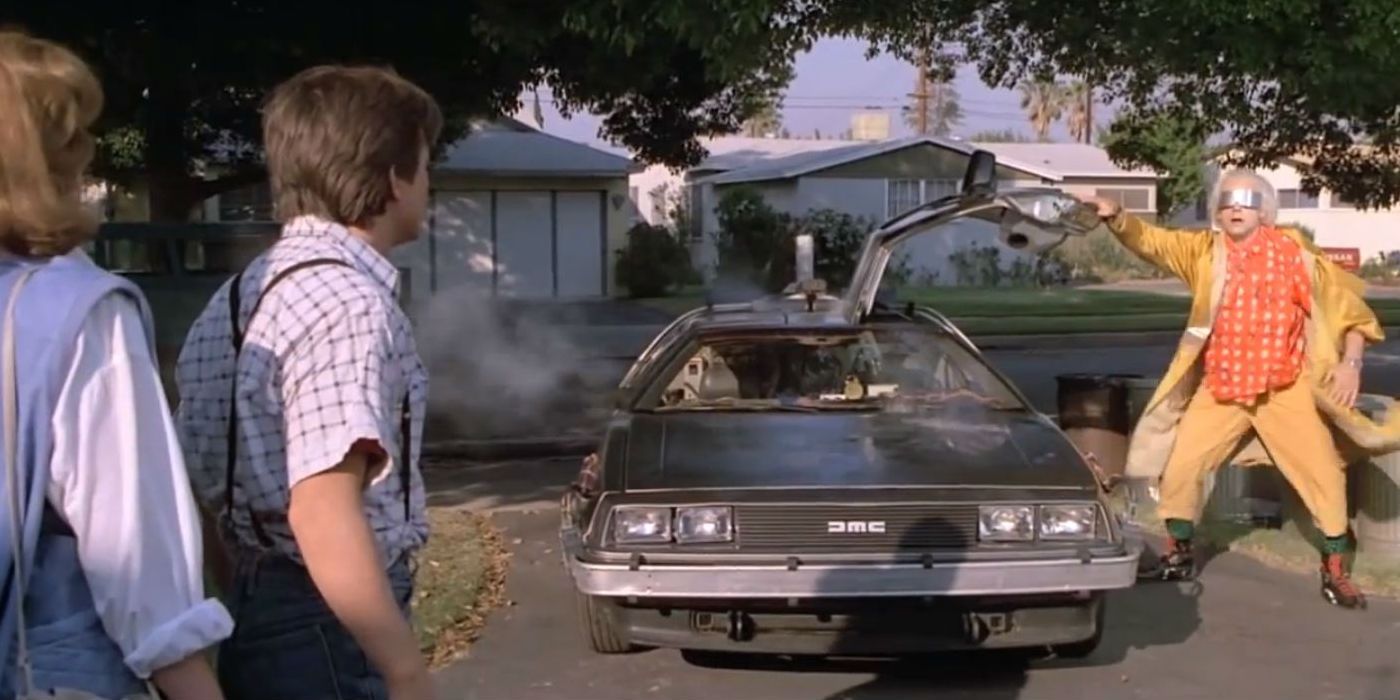
Apart from little details, like the renamed mall, the 1985 that Marty returns to is a lot like the one he left. All the biggest changes are confined to the McFly household.
Writer Bob Gale told The Guardian that the original script ended with larger-scale changes across the world, as Doc Brown’s inventions had created a high-tech, space-age, futuristic America. This was changed after every studio executive who read the script, “without exception,” hated the ending. Thank goodness for fans!
